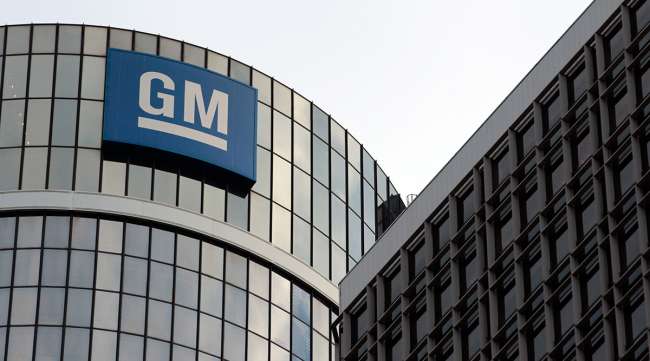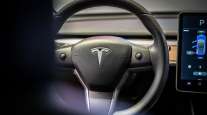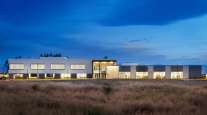Bloomberg News
GM Buys Lidar Startup Strobe to Accelerate Self-Driving Cars

Cruise Automation’s self-driving cars are about to get a new set of eyes.
General Motors, which purchased Cruise last year, announced Oct. 9 that it is buying Strobe, a Pasadena, Calif., startup that makes lidar, a laser-based sensor that most autonomous vehicles use to see the world around them. Strobe’s 11 employees will now work with Cruise to perfect the technology.
Strobe’s lidar technology, accord to Cruise, functions on a single computer chip and has the potential to slash lidar costs by 99%.
“The idea that lidar is too costly or exotic to use in a commercial product is now a thing of the past,” said Cruise co-founder and CEO Kyle Vogt Oct. 9. He did not disclose the terms of the deal.
Although the price of the sensors has plunged in recent years, designing an affordable lidar is considered essential to mass-producing autonomous cars. The sensors, which work by bouncing laser beams off of objects to gauge their shape and distance, once cost $70,000 per unit, while newer models retail for about $8,000. Many self-driving cars use multiple lidar units, in addition to radar and cameras.
Lidar units have also shrunk dramatically in size from their earlier versions, which had the shape of a fried chicken bucket. Industry leader Velodyne of San Jose offers a unit roughly the size of two hockey pucks stacked atop one another.
Strobe’s technology has the potential for even smaller sensors. A blog post Vogt published Oct. 9 shows an image of a prototype Strobe lidar that is roughly as long as a Sharpie pen. The commercialized version, he said, should be even more compact.
“You can see even a sensor like that is much easier to integrate into a vehicle body,” he said, during a call with reporters.
The terms of the deal were not disclosed.
Strobe was co-founded in 2014 by longtime Jet Propulsion Laboratory engineer Lute Maleki. One of its board members, Tony Tether, used to run a series of self-driving car races for the federal government — the DARPA Challenges — that helped create the autonomous vehicle industry. Many of the Bay Area engineers now developing autonomous vehicles got their start at the DARPA challenges.
Strobe and Cruise researchers will work together at HRL, formerly known as Hughes Research Labs, to develop the lidar. Located in Malibu, HRL performs research for both GM and Boeing.
Distributed by Tribune Content Agency, LLC




